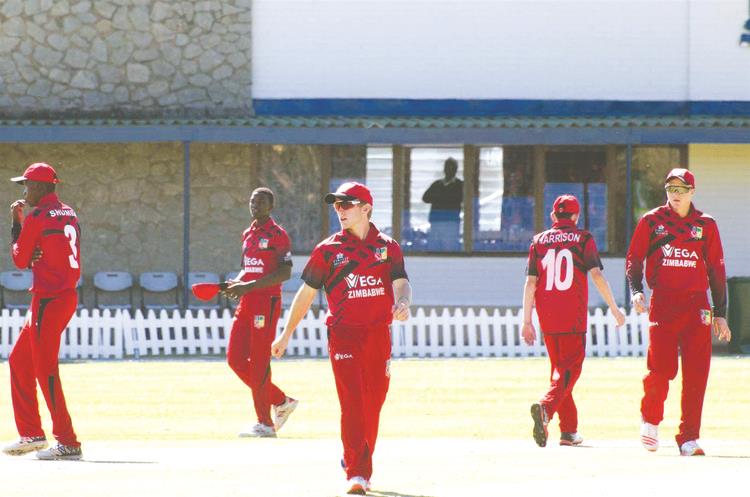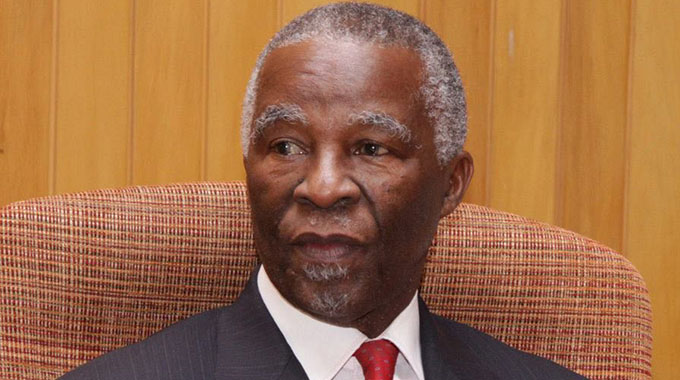Burkina Faso denies takeover

Ouagadougou. – Burkina Faso’s government says the army has not seized control of the country after exchanges of gunfire took place at multiple army barracks, including two in the capital, Ouagadougou.
Heavy arms fire yesterday at Sangoule Lamizana camp, which houses the army’s general staff and a prison whose inmates include soldiers involved in a failed 2015 coup attempt, began as early as 5am, a Reuters news agency reporter said.
The reporter later saw soldiers firing into the air in the camp. A witness also reported gunfire at a military camp in Kaya, about 100km north of Ouagadougou.
Shots were heard at another military camp, Baby Sy, in the south of the capital, and at an airbase near the airport, military sources said.
Burkina Faso’s government confirmed gunfire at some military camps, but denied reports on social media that the army had seized power.
Speaking on national television, Defence Minister General Bathelemy Simpore denied rumours that President Roch Marc Kabore had been detained, adding the motive behind the gunfire was still unclear.
“The head of state has not been detained; no institution of the country has been threatened,” Simpore said.
“For now, we don’t know their motives or what they are demanding. We are trying to get in contact with them,” he said, adding that calm had returned to some of the barracks.
Protesters siding with soldiers who staged mutinies at several barracks set fire to the headquarters of the ruling party in the capital yesterday, according to an AFP journalist at the scene.
The blaze destroyed the ground floor of the building of the People’s Movement for Progress (MPP) party, where protesters also vandalised the facade before being dispersed by police firing tear gas, the reporter said.
The unrest came a day after clashes between police and demonstrators during protests against the authorities’ failure to stem violence ravaging the West African country.
It also follows the arrest earlier this month of numerous soldiers over a suspected plot to “destabilise institutions” in the country, which has a long history of coups.
Al Jazeera’s Nicolas Haque, reporting from Dakar, Senegal, said a general leading the mutiny in one barracks presented six demands to the government yesterday.
“One is hiring more troops to fight on the front lines against groups linked to ISIL (and) al-Qaeda,” he said.
“They also demand better care for the wounded and the families of those who lost their loved ones as well as better wages, training and forming of permanent battalions to deal with threats,” Haque said.
“(The mutineers’ demands) fall short of asking President Kabore to resign, but in their latest statement they say that if their demands are not met, then they will ask for Kabore to step down. They feel that his leadership has not led to a safer Burkina Faso, but a country that has seen an increase in attacks,” Haque added.
He said an uneasy calm punctuated by ongoing gunfire had been reported yesterday, but that the internet had been cut across the country.
Alex Vines, director of the Africa programme at Chatham House, told Al Jazeera that a “mutiny that has ingredients of a coup is exactly the way to look at this”.
“We are now talking about a region which is seeing a swing back in favour of coups,” he said, after an attempted coup in Niger and successful coups in Mali and Guinea in recent years.
“We have had five successful or attempted coups (in the region) if you count them all together this decade, so Burkina Faso is fitting into that pattern.”
On Saturday, police had used tear gas to disperse protesters in rallies across the country, arresting dozens. The authorities earlier in the week said they were banning the protests for security reasons.
Security sources reported that two soldiers were killed after their vehicle drove over a crude bomb in the north on Saturday.
Groups linked to al-Qaeda and ISIL (ISIS) have plagued the landlocked Sahel nation since 2015, killing hundreds.
Attacks on civilians and soldiers have become increasingly frequent – and are largely concentrated in the country’s north and east.
The violence led by armed groups in recent years has forced approximately 1,5 million people to flee their homes, the national emergency agency says, and many have settled in the region around Kaya.
Al Jazeera’s Haque said the anger towards the president among the sections of the military has reportedly been building for months.
On November 27, hundreds demonstrated against the failure of President Kabore to quell the violence, sparking clashes with security forces that wounded dozens. – Al Jazeera.









Comments